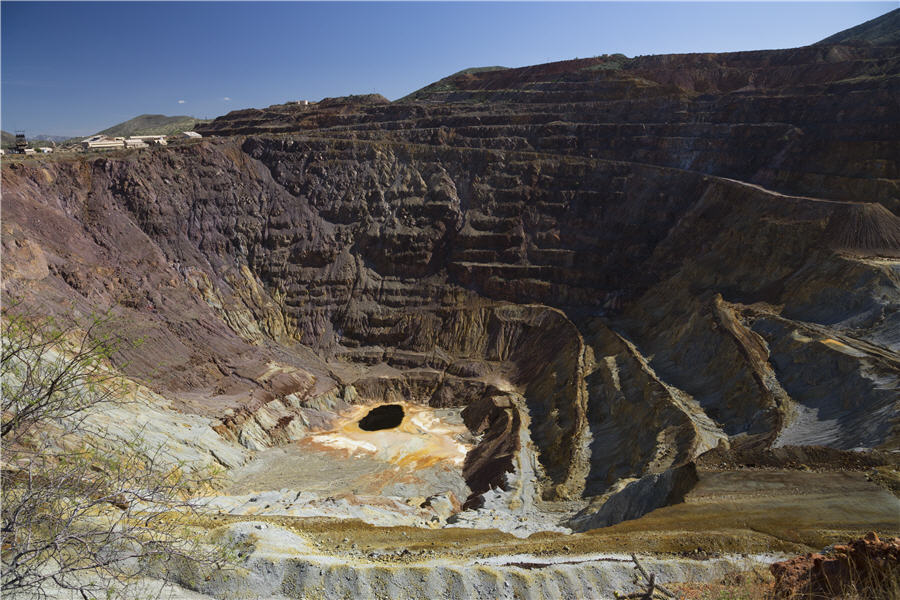Brazil’s Vale shareholders approve corporate reorganization
By Marta Nogueira and Guillermo Parra-Bernal
RIO DE JANEIRO, June 27 (Reuters) – Shareholders of Brazil’s Vale SA approved a share conversion plan on Tuesday in a move that should boost transparency, give equal votes to all shares and limit government meddling in the world’s No. 1 iron ore producer.
In a securities filing, Vale said shareholders approved all seven items on the corporate reorganization agenda, which is a first step towards giving the company dispersed share ownership – where no shareholder controls decision making at the firm.
The change represents a milestone in a country long hobbled by corporate governance abuses and reorganizations that hampered minority investors in most cases. Reuters reported the plan on Jan. 19, citing people familiar with it.
The plan also puts a limit to the meddling of politicians in Vale – an aspect that weighed on the company’s stock during former President Dilma Rousseff’s five years in office. Still, the government will keep a golden share, allowing it to fend off hostile takeover attempts and shape strategic decisions.
Investors expect Tuesday’s vote to improve investors’ perception of Vale, translating into a faster convergence of Vale’s share prices to those of rivals, and a decline in the Brazilian miner’s cost of capital.
In the filing, Vale said the proposed conversion of preferred shares into a single, common stock was approved with the equivalent of 68 percent of preferred shares that participated in the ballot, well above the 54 percent threshold set when the plan was first announced in February.
‘ENCOURAGING’
Preferred shares gained 2.4 percent to 26.36 reais, while Vale’s common shares added 2.5 percent to 28.15 reais in mid-afternoon trading on Tuesday.
Under terms of the conversion, holders of Vale’s Class A preferred shares will receive 0.9342 of common stock . Investors have 45 days to convert their shares, needing the equivalent of at least 54.09 percent of preferred shares in circulation to go ahead, the filing said.
In addition, minority holders voted to allow controlling shareholders grouped under holding company Valepar SA to keep control of Vale for another three and a half years. Vale will eventually absorb Valepar, facilitating the stock conversion.
A simpler shareholder structure in which Vale’s board, and not Valepar, will decide strategy, and higher liquidity stemming from the end of the Valepar lockup period could trigger a sharp rise in Vale’s market capitalization, analysts said.
“Results were encouraging with the proposal approved and while there are other important steps ahead … we are encouraged to see progress on this front, and believe this will be well received by the market,” said Leonardo Correa, a senior analyst with Banco BTG Pactual in São Paulo.
To ensure completion of the plan, Vale would pay owners of Valepar a 10 percent premium for their shares, implying a 3 percent dilution for all shareholders. (Additional reporting by Tatiana Bautzer in São Paulo and Alexandra Alper in Rio de Janeiro; Editing by Phil Berlowitz and Andrew Hay)
{{ commodity.name }}
{{ post.title }}
{{ post.date }}




Comments